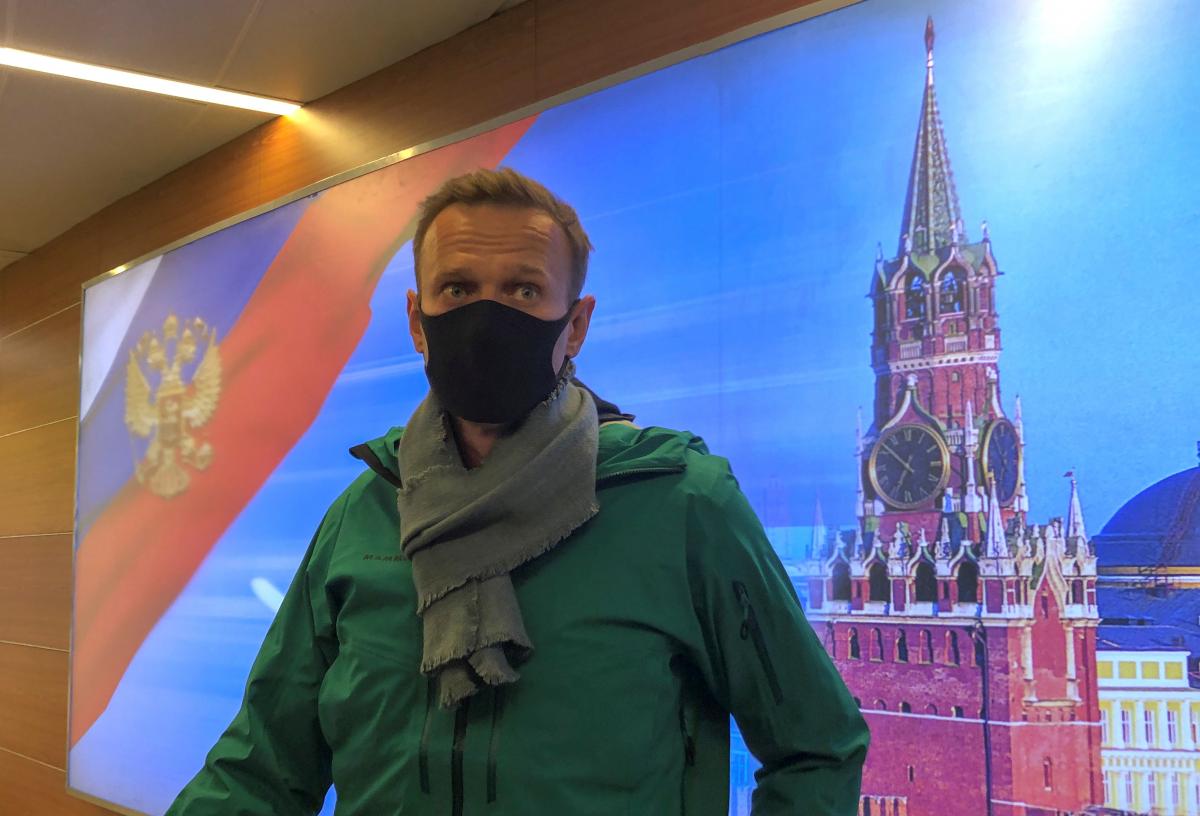
The United States on March 2 announced sanctions on senior Russian government officials and Russian entities in response to what U.S. officials said was Moscow's attempt to kill opposition leader Alexei Navalny with a nerve agent.
The announcement, made by senior Biden administration officials, marked a sharp turn away from former President Donald Trump's reluctance to confront Russian President Vladimir Putin, Reuters reports.
"Russia's attempt to kill Mr. Navalny follows an alarming pattern of chemical weapons use by Russia," a senior Biden administration official told reporters on a call.
The penalties, like those adopted by the European Union, target senior Russian law enforcement officials, as well as matching sanctions the EU and the U.K. imposed earlier on other Russians allied with President Vladimir Putin in response to the attempted murder of Navalny. Bloomberg wrote.
Seven senior Russian government officials would face restrictions, such as asset freezes, while 14 entities associated with Russia's biological and chemical agent production, including 13 commercial parties and a government research institute, were levied punitive measures.
The U.S. moves were being taken in coordination with the European Union. The officials reiterated Biden's call for Russia to release Navalny from prison.
Read alsoRussia putting lives, ecosystem at risk by ignoring WW2 chemical poisons buried along Nord Stream 2 route – SZRURussian Foreign Minister Sergei Lavrov said on Tuesday before the U.S. announcement that Moscow would respond in kind to any new U.S. sanctions over Navalny, the Interfax news agency reported.
Further sanctions are upcoming, as the United States assesses the Russian role in the massive SolarWinds cyber hack and allegations that Russia sought to interfere in the 2020 U.S. election and offered bounties to Taliban fighters to kill American soldiers in Afghanistan, the officials said, as per Reuters.
Navalny: Background
Navalny was arrested in Moscow on January 17, immediately upon his arrival from Berlin, where he had been undergoing treatment after an assassination attempt through poisoning with the Novichok nerve agent. Navalny claims the Kremlin is to blame for the attempt.
On February 2, the court in Russia has sentenced Navalny to 32 months in a penal colony. The anti-corruption campaigner was charged with violating a 2014 suspended sentence for embezzlement by breaching parole rules while in Germany.

